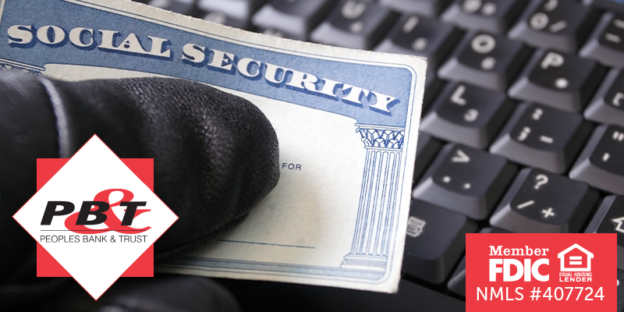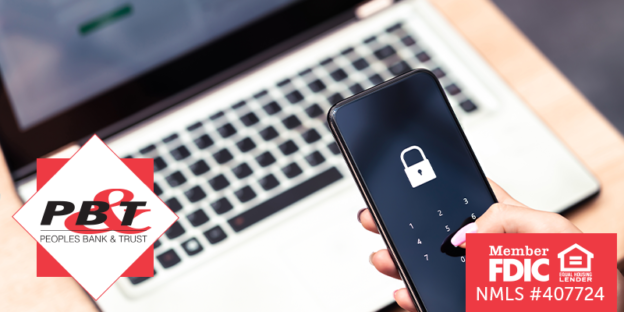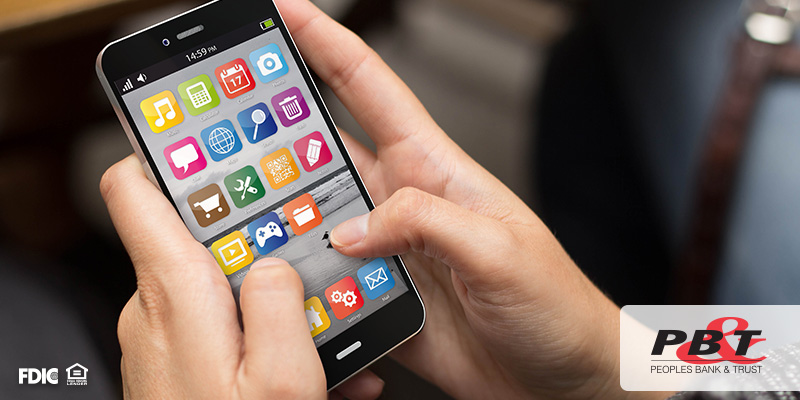Discovering that your identity has been stolen can be a frightening and overwhelming experience. Here are the steps you should take immediately to protect yourself and minimize the damage:
- Contact Your Bank and Credit Card Companies: Notify your bank and any credit card companies of the theft. They can help you freeze your accounts, issue new cards, and monitor for suspicious activity.
- Place a Fraud Alert on Your Credit Reports: Contact one of the major credit bureaus (Equifax, Experian, or TransUnion) to place a fraud alert on your credit report. This will make it harder for identity thieves to open new accounts in your name.
- Contact Equifax
- Contact Experian
- Contact TransUnion
- File a Report with the Federal Trade Commission (FTC): Visit the FTC’s IdentityTheft.gov website to report the theft and create a recovery plan. The FTC will provide you with a personalized recovery plan and help you track your progress.
- Contact Local Law Enforcement: File a police report with your local law enforcement agency. This can help you document the theft and may be required by creditors or other entities.
- Check Your Credit Reports: Obtain a copy of your credit reports from all three major credit bureaus. Review them carefully for any unauthorized accounts or transactions and report any discrepancies.
- Obtain your credit report from Equifax
- Obtain your credit report from Experian
- Obtain your credit report from TransUnion
- Change Your Passwords: Change the passwords for your online accounts, especially those related to banking, email, and social media. Use strong, unique passwords for each account.
- Monitor Your Accounts: Keep a close eye on your bank and credit card statements, as well as your credit reports, for any signs of fraudulent activity. Consider enrolling in a credit monitoring service for added protection.
For more detailed information and resources, visit our Scam Prevention page.
Taking these steps can help you regain control and protect your financial well-being. Stay vigilant and proactive to prevent further damage.




